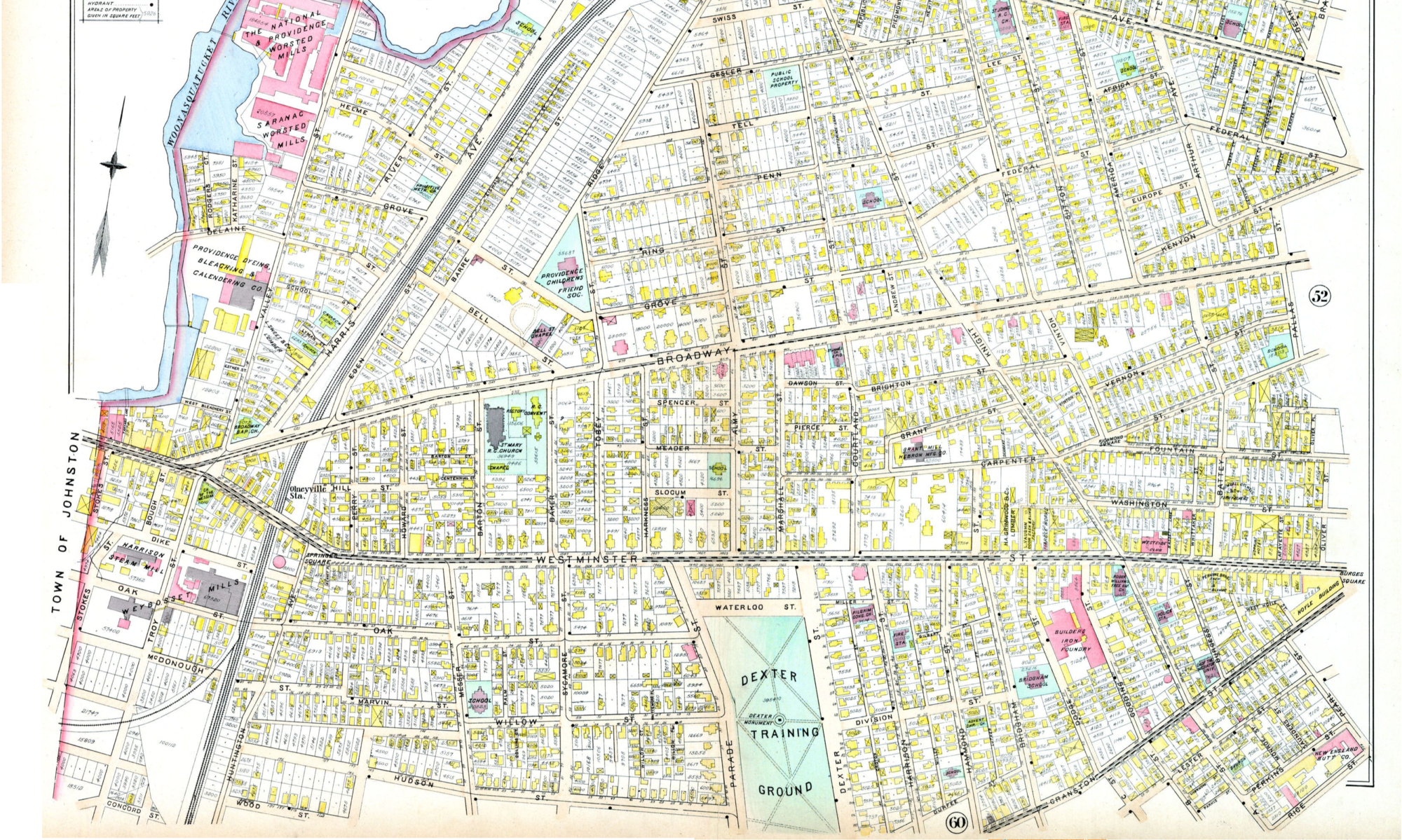First published on Rhode Island Future 6/4/15
With Governor Raimondo’s recent push for transportation funding, people are talking about patching up the 6/10 Connector vs. replacing it with a boulevard. Best practice in urban design recommends replacing urban highways with boulevards. But that would be something we haven’t done before in Rhode Island, so it’s understandable that some people have concerns. Here are a few questions I thought you might have about updating the 6/10 Connector for the 21st century.
- That’s a big change. Wouldn’t it be expensive to remove the highway?
Governor Raimondo is proposing a tractor-trailer toll that would allow the State to bond for $700 million. $400 million of that (plus another $400 million RIDOT wants to get from the Feds) is earmarked for the 6/10 Connector repairs. That is expensive.
Prices vary a lot for building highways, but urban highways with as many overpasses as the 6/10 Connector tend to be on the high end of the scale (and $800 million is quite high). Boulevards (think Memorial Boulevard in Providence, but more multimodal) tend to have a cost roughly ten times lower than an urban highway. Imagine how many structurally-deficient bridges we could make safe with an extra $360-720 million? That’s a very rough cost comparison, but what we can be sure of is that replacing the 6/10 Connector with a boulevard (even tripped out with the best complete streets features you can think of) would cost dramatically less than rebuilding it as a highway.
- So many cars use the connector! Wouldn’t removing it create massive traffic jams?
Actually many cities have removed excessive urban highways and seen no marked increase in traffic. There are a couple reasons for this. Traffic is created through a process called “induced demand” where if you build more highways, drivers will use them. Conversely, if you eliminate an urban highway, fewer people will use it as a short-cut.
“But wait!” you say. “I use 6/10 as a shortcut! You want to reduce my transportation options!” Actually, in other cities that remove urban highways, they see the traffic that previously used the highway spread out over the city’s other streets. And there’s less potential for traffic jams when drivers have lots of options. It’s like how bugs congregate around lights on hot summer nights, but out in the dark it’s less buggy. 6/10 is the bug-clogged light, city streets are the cool night air.
And one more thing: our current transportation network overwhelmingly favors driving; it has big highways that cut swaths through neighborhoods that are uninviting to other ways of getting around. Leveling the playing field by making our street system more comfortable for more ways of getting around (RIPTA, walking, and biking as well as driving) gives you more choices and more freedom. Plus, it means more other people are choosing to walk or bike and they’re not clogging up the road in front of you.
- It’ll never happen. We can’t do innovative things in Rhode Island.
I mean, this isn’t that innovative. And hey, we started the Industrial Revolution and moved rivers to revitalize downtown Providence. I think we have it in us to make a prudent economic decision to give Rhode Islanders more transportation options and safer bridges.
Plus, you cynics, politicians like ribbon-cuttings and ground-breakings. It’s not as sexy to photo-shoot the replacement of an archaic 1950s-era project as it is to pose for the first complete multi-modal corridor in the State.
We can assume that because the 6/10 Connector is in Raimondo’s investment plan, now is the time that something will happen with it. The State should choose the approach that is best for the neighborhoods adjacent to the corridor, which coincidentally is the option with the best return on investment. Replace the 6/10 Connector with an urban boulevard.
Want to help make this happen? Transport Providence is organizing a walk around the area in question today at 5:15 with Providence City Councilman Bryan Principe. The best thing you can do is to talk to people about this. Which people? Especially your representatives (State, Federal, and City if you live in Providence), the Governor’s office, and RIDOT.

